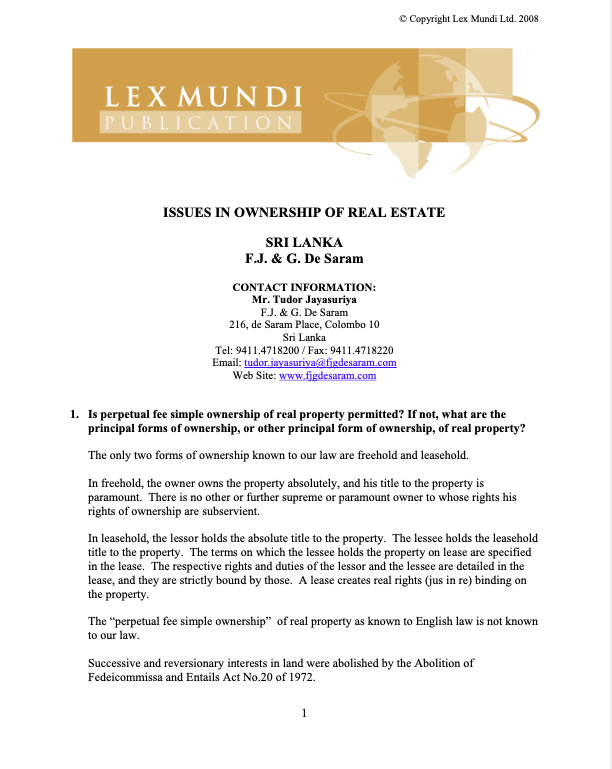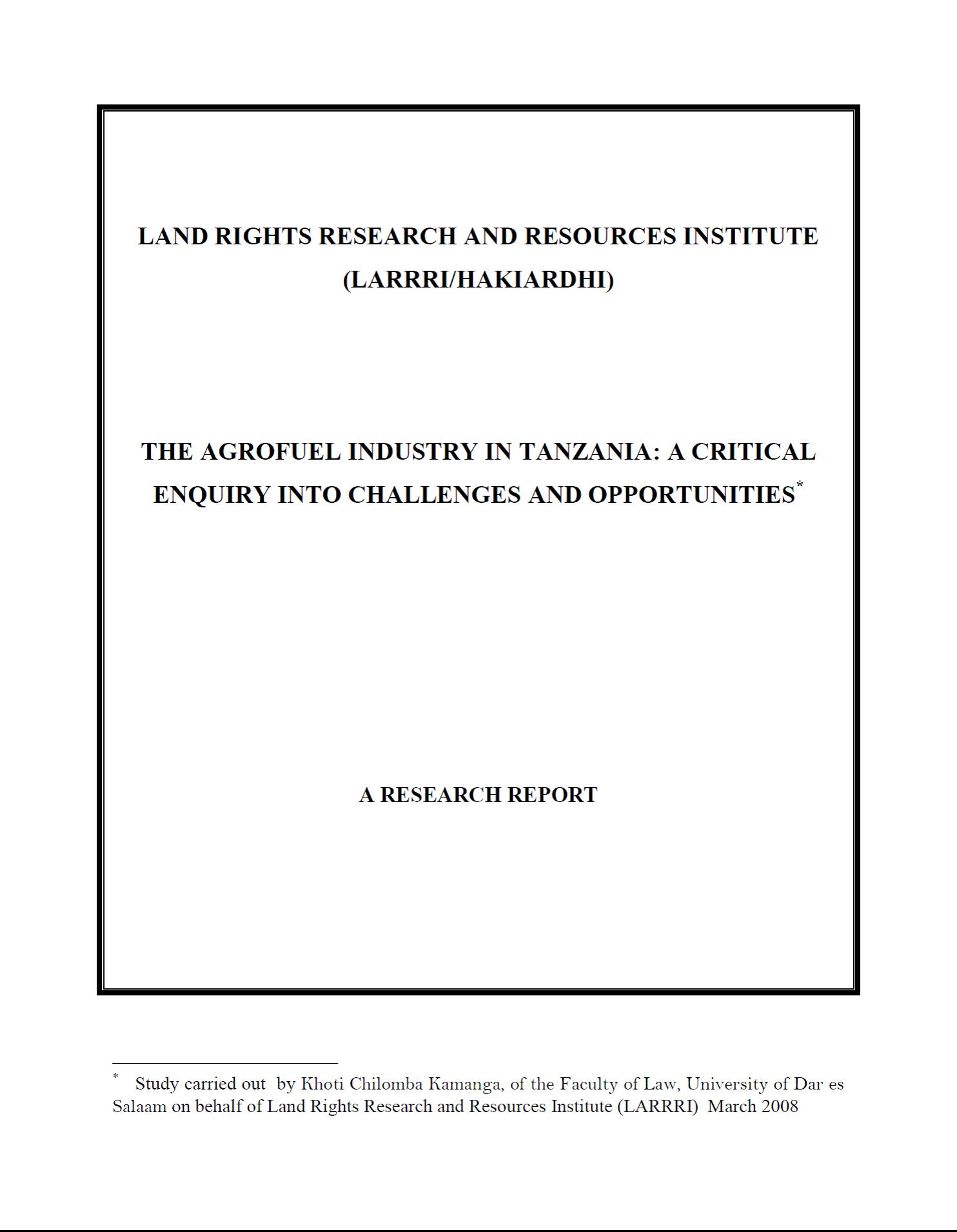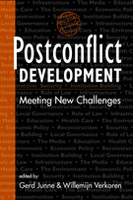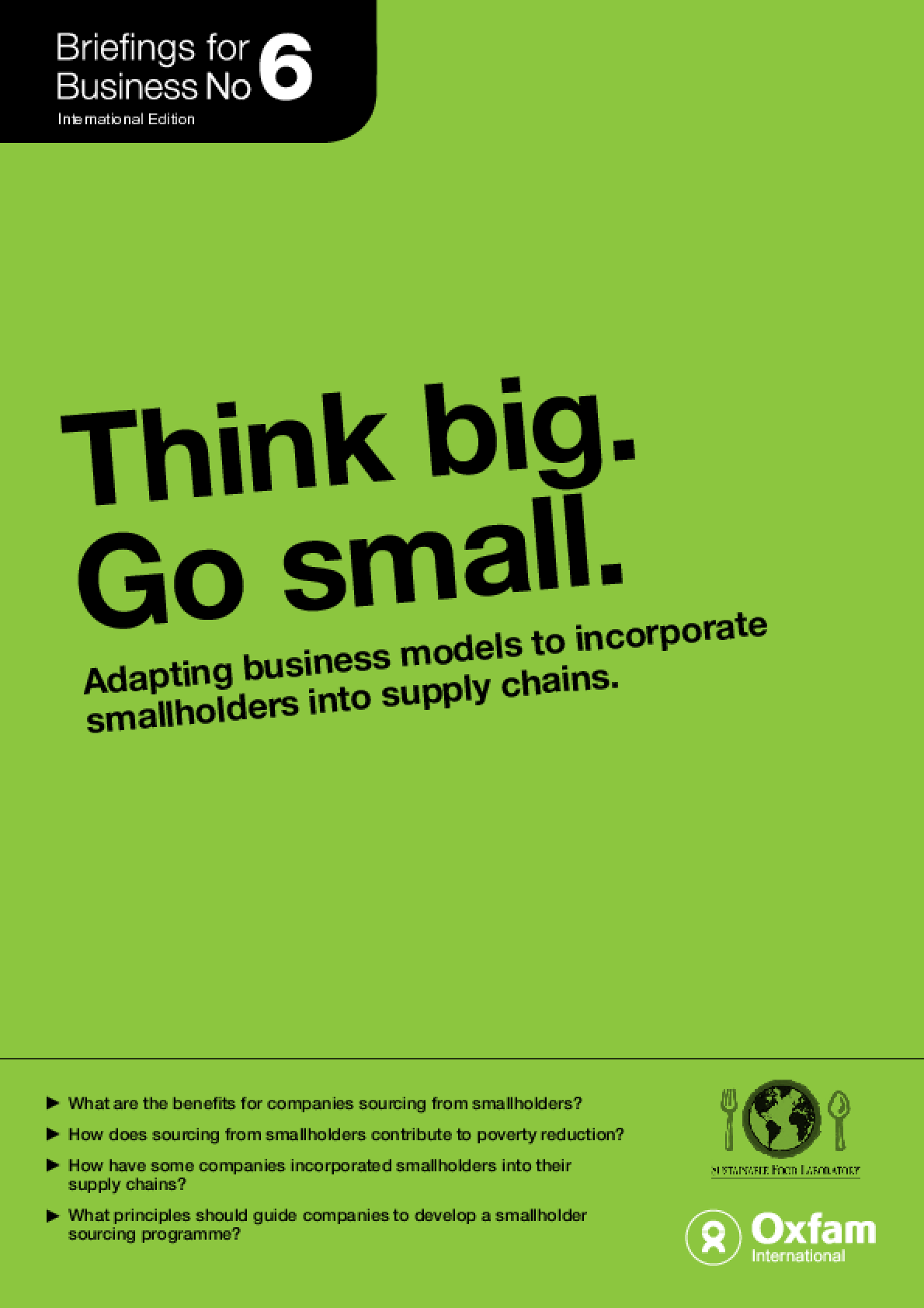Apropriaçâo da terra e formaçâo de grandes patimônios fundiários na fronteira sul do Brasil, através dos inventários post mortem (1800-1860)
This article is dedicated to the study the ways of appropriation of land in the south border of Brazil, in the first half of the century XIX. The historiography has, for tradition, associated the appropriation of large tracts of land, in Rio Grande do Sul, with royal donations. That would have been made, mainly, in the form of 'sesmarias' donations. However, a more detained study shows than the public concessions were just one among other forms of appropriation of the land used by families that accomplished a voracious accumulation of lands.







